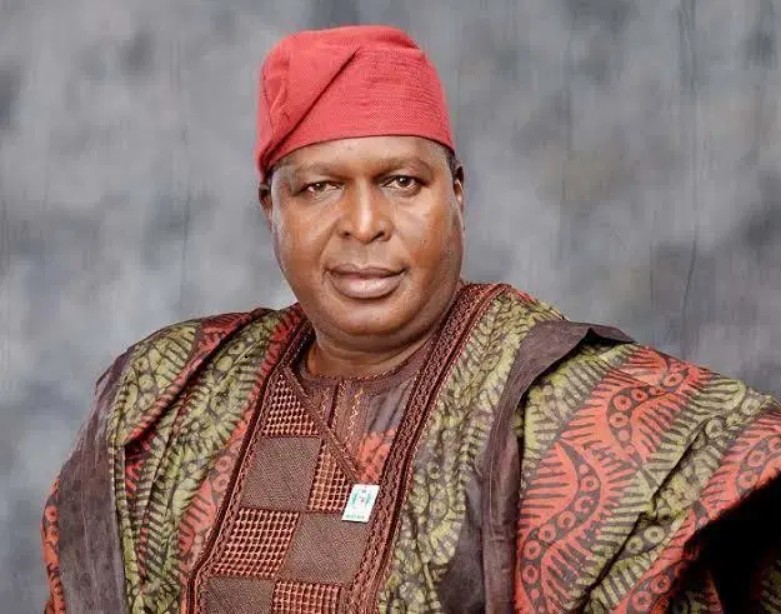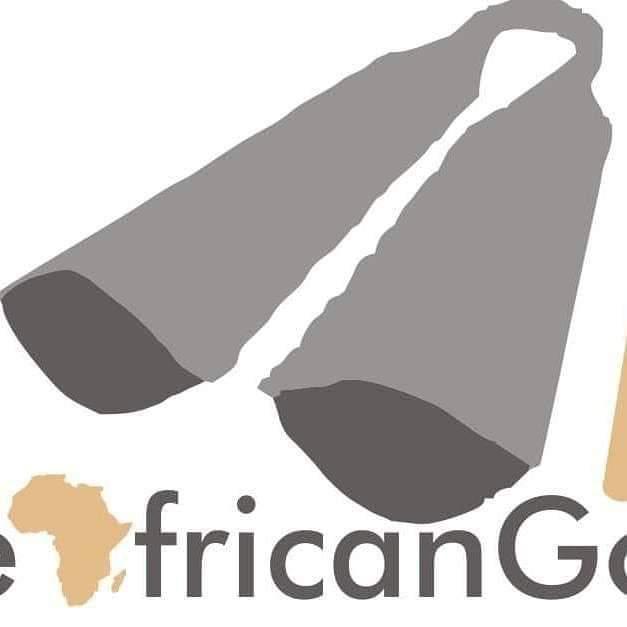
By Frank Meke
From Ojude Oba to Ofala festivals, Nigeria’s biggest telecoms brand, Glo, has contributed immensely to the rebranding and revitalization of our cultural tourism festivals. Glo gave some of our traditional celebrations a new face. What may have started as a marketing experiment has today evolved into a movement — our festivals are now donning fresh visibility garments, with the world watching and counting. Truly, Glo brought glow to our festivals!
There are, however, hidden opportunities — cultural tourism jobs unknown to most heritage festival organizers and their host communities. Today, the optics are huge and evolving, yet still begging to be turned into a multi-million-naira digital technology enterprise.
Though I have never attended the Ofala Festival personally, I have journeyed through Nigeria’s rich tapestry of cultural expressions — from the Kano Durbar and Ojude Oba to the great Gani Durbar of Borgu, organized under the legendary Emir, Senator (Dr.) Haliru Dantoro. I have also witnessed the brilliance of the National Festival of Arts and Culture (NAFEST) under the masterful coordination of Segun Runsewe, where our national culture was properly interpreted, people mobilized into a movement, and the hosting became a matter of national prestige.

I once attended the Arondizuogu Masquerade Festival — a profound experience where men transform into spirits and speak in the language of the gods. Shrines burned without being consumed. Masquerades spat fire and performed sacred rituals that defy reason. It was not an experience for the faint-hearted — I literally passed out and woke up in a hospital in Owerri, two hours away, before being flown back to Lagos. I swore never to dine at the elders’ table with masquerades again.
In Kwara, at the Durbar Festival, I witnessed the deep reverence for the Emir of Ilorin amid chants of Shehu! Shehu! I saw the wealth, the opportunities, and the determination to turn cultural gatherings into commerce. In Osun, I observed the annual Osun-Osogbo Festival — a timeless blend of faith and art that keeps the spirit of Iya Adunni (Susan Wenger) alive. Truly, she never died — she lives in the hearts of Osun’s devotees.
The Ofala Festival, though reimagined, still begs for attention on the business side. I often imagine what it would look like if Obi Agu ndi Igbo, Segun Runsewe, had been involved.
Runsewe brought magic to our festivals. Under his leadership, the National Festival of Arts and Culture became a bidding brand — hosted in Kaduna, then Rivers State under Governor Wike — and transformed into a national tourism currency.
Our festivals are not mere symbols of tradition and heritage; they are flags of peace, unity, and identity. They can be Nigeria’s next hard currency — a tool of diplomacy, cultural pride, and economic empowerment.
At the Nigerian Tourism Development Corporation (now the Nigerian Tourism Development Authority), Runsewe redefined tourism. He saw tourism not as leisure, but as life — branding and exporting our cultural assets, fashion, food, and music to the world. From London to Berlin, Madrid to Dubai, he spun Nigeria’s cultural web across continents, unfazed by detractors.
At the National Council for Arts and Culture (NCAC), Runsewe changed the narrative again. In Benin, he re-enacted the ancient power of the Benin Kingdom, bringing the revered Oba of Benin to the golf course and linking sports with culture. Former Vice President Yemi Osinbajo once confessed that he had never seen a Nigerian public servant so passionate and committed to national greatness.
Hotels in Benin were fully booked. SMEs and artisans sold out at the festival marketplace — a deliberate outcome of cultural commerce. Skill acquisition became integral to the festivals, as youths were trained and certified in tailoring, fashion design, and crafts. Schools found their place through poetry, music, and dance competitions that celebrated Nigeria’s cultural diversity.
In Plateau State, music and dance brought people together for peace and commerce. In Ekiti, the famed pounded yam became a national spectacle, driving cultural infrastructure and investment. All because one man believed that our culture is the next oil.

With Segun Runsewe, there’s no pretense — only visible and verifiable results. He turns challenges into legacy projects. If he had been part of the Ofala Festival with NCAC, Onitsha’s Onyenwe obodo, the Obi of Onitsha himself, would have felt the impact.
Runsewe would have mobilized Nigerian travel agents and tour operators, empowering them to market the festival globally. He would have tapped into the entrepreneurial spirit of the Onitsha people, creating a sustainable trade ecosystem rooted in cultural tourism.
He would have danced with the Obi of Onitsha, brought the NCAC cultural troupe to electrify the arena, and drawn the tourism press to tell the story of Igbo hospitality and pride. Most certainly, he would have met Governor Chukwuma Soludo and reminded him that his greatest political currency lies in the culture and heritage of his people.
If Runsewe had been at Ofala, Onitsha would still be quaking with excitement!

This Thursday at Sheraton Hotels, Ikeja, Lagos, the Nigerian Tourism Press will roll out the drums to celebrate this cultural icon — the builder of Nigeria’s cultural tourism story, the man who saw culture as the next oil, and the Obi Agu (Lion Heart) of Ndi Igbo Nation — Segun Runsewe.
He remains an inspiration — a pillar of the industry, within and beyond it. And truly, God has not finished with him yet.


